How did you come to this story, and what was the writing process?
Bahrani: I was interested in this whole world-turned-upside-down issue during the economic crisis. The focus was housing.
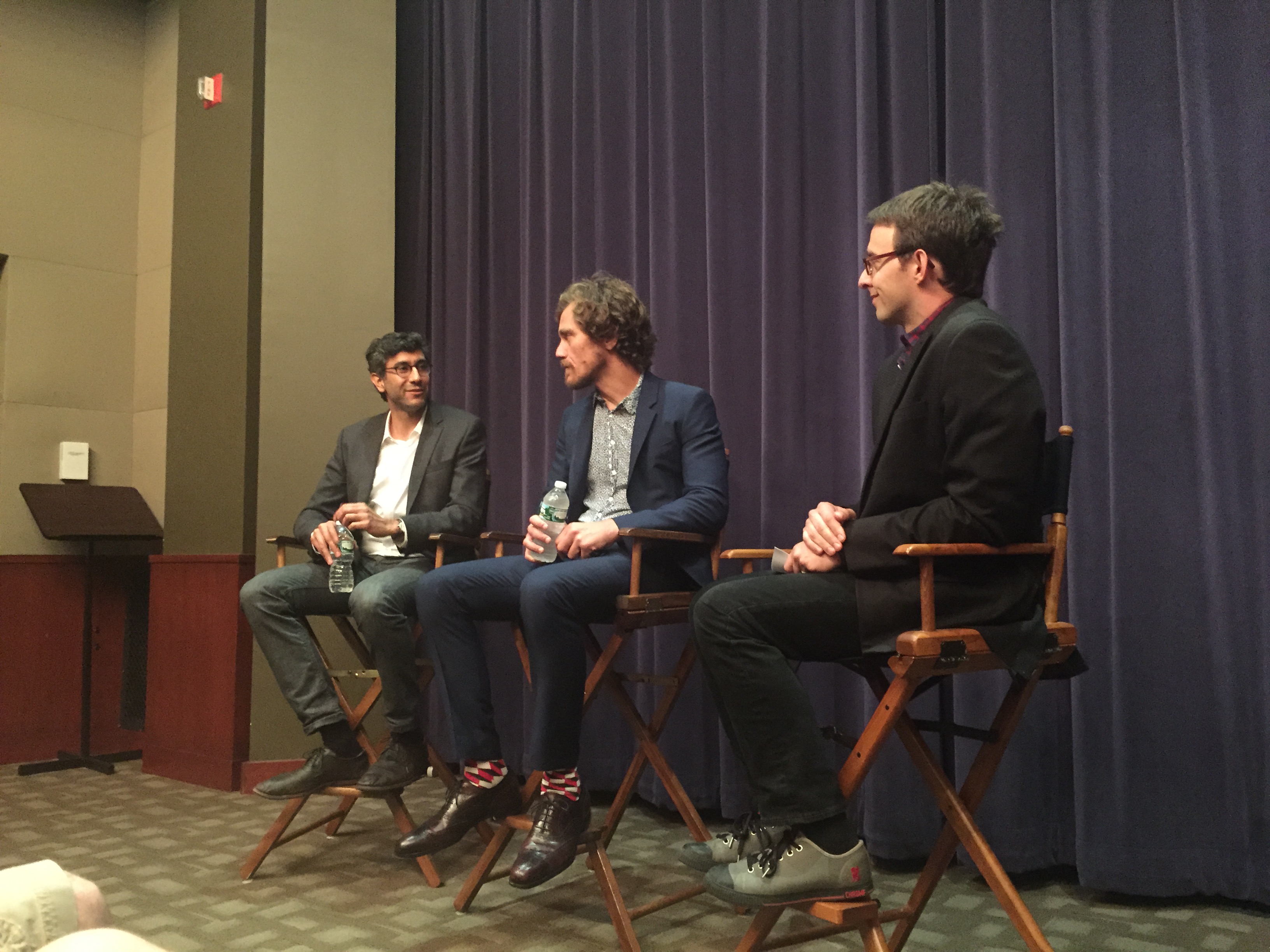

How did you come to this story, and what was the writing process?
Bahrani: I was interested in this whole world-turned-upside-down issue during the economic crisis. The focus was housing.
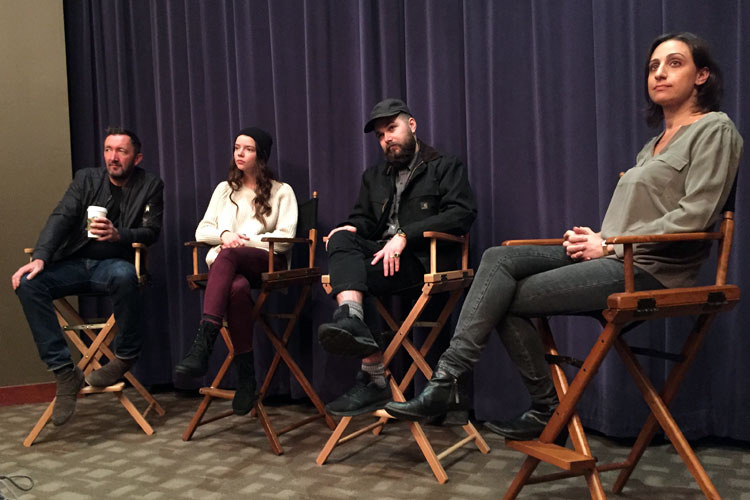
There’s an incredible attention to detail throughout the film, from the dialog to the set decoration. Could you describe how you approached these aspects of the film?
Robert Eggers: New England was the most literate part of the Western World; you had to teach your children how to read– it was against the law if you didn’t, because you had to read the bible in English.
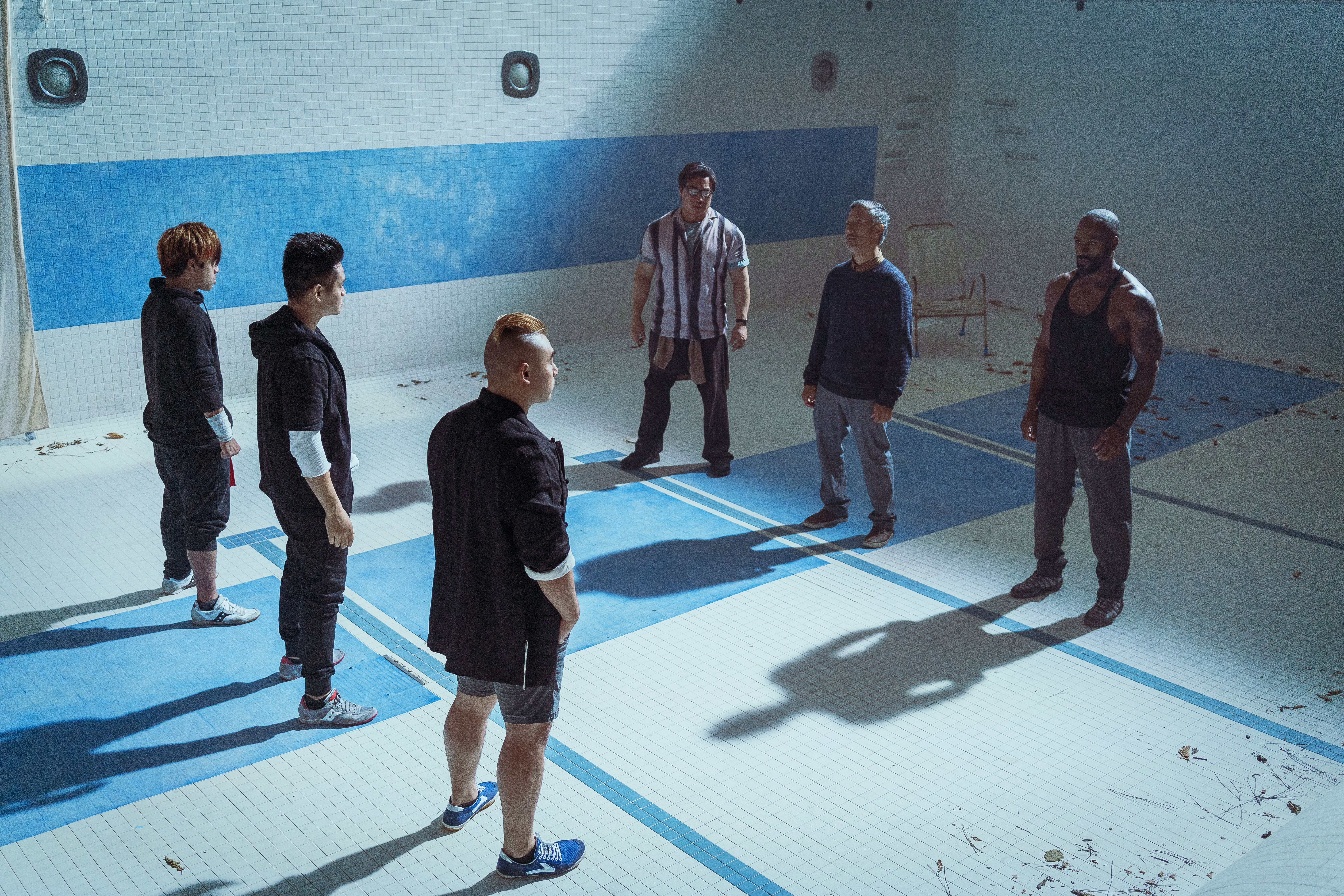
The following questions and answers are excerpted from a conversation that followed the NBR screening of The Paper Tigers. This film is a heartfelt look at the Kung Fu genre as well as a story about growing up and fatherhood in various forms. What was the catalyst for the story? Bao Tran: I survived a death […]

Can you tell us about the origins of this film?
Paul Greengrass: I think the origins of it lie in the last film I made, actually, 22 July, which was a pretty tough film about violent right-wing extremism in Europe.

What was it like, collaborating with director Christian Petzold for a third time?
Paula Beer: Well, working with Christian is just fun. And his way of working is different from everything I’ve experienced so far.

You both had so many roles in making this film. How did you two connect to make this film during Covid?
Mark Duplass: Natalie and I were acquaintances; friends of friends who had met a few times and I think we had the sense that we respected each other’s work and we had hit it off and liked each other. I knew I wanted to work with her and ideally share the screen with her at some point, and we hadn’t really had that opportunity.

The letter’s from a five year old boy and it says, “Dear Mr. Rogers, are you for real? Are you for real or not?”
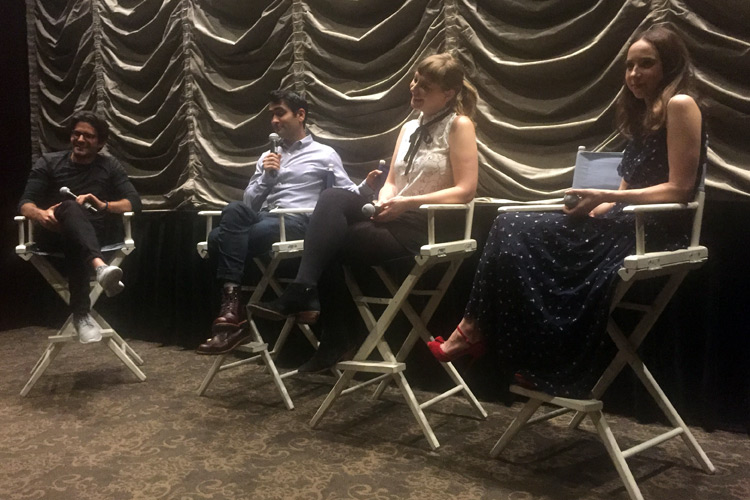
How long did it take for you both to adapt your own experiences for the screen?
Emily Gordon: We started writing this five years ago, which is five years after the events of the movie.

Sometimes as a documentarian, you don’t have total control. But it this film you were able to script things and envision scenarios.
Kirsten Johnson: Honestly I was trying to engage in not being in control.
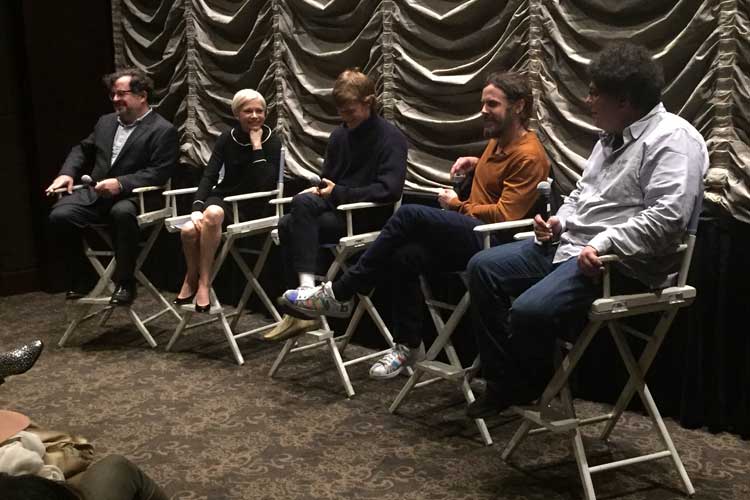
Can you talk about playing someone who is emotionally disconnected or doesn’t show emotion?
Casey Affleck: I don’t often think myself about how much emotion I’m showing in real life.

Can you talk about how the idea for the film came about? I read it was somewhat autobiographical.
That sounds weird off the bat. I have not committed fraud.
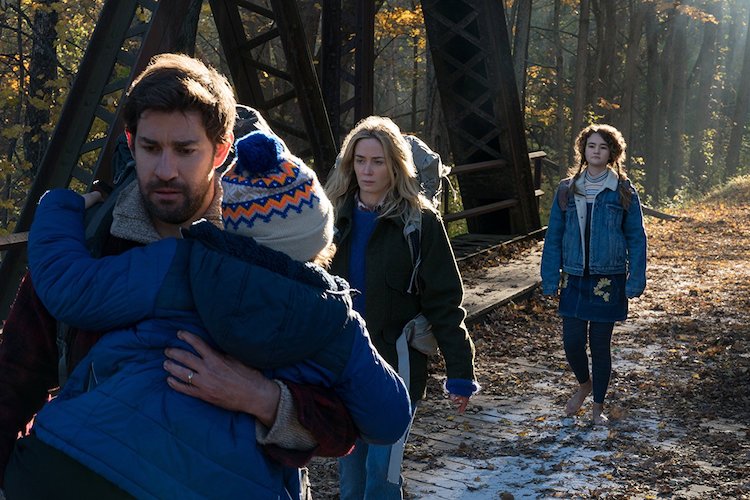
How did you get on this project? How did it come to you?
John Krasinski: So I was about to start pre-production on Jack Ryan, and some of the producers on Jack Ryan were Platinum Dunes, and they said, “Would you ever act in a genre movie?” And I said, “Oh no, I can’t do that, I don’t do horror movies.”
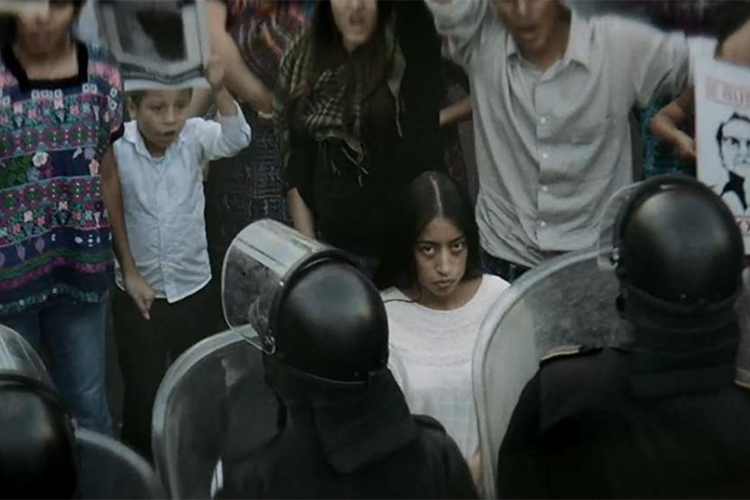
Can you tell us about the evolution of this film?
Jayro Bustamante: Well, you know, at the beginning we were thinking about making a triptych, and that that triptych would be about three insults that are common in Guatemala.
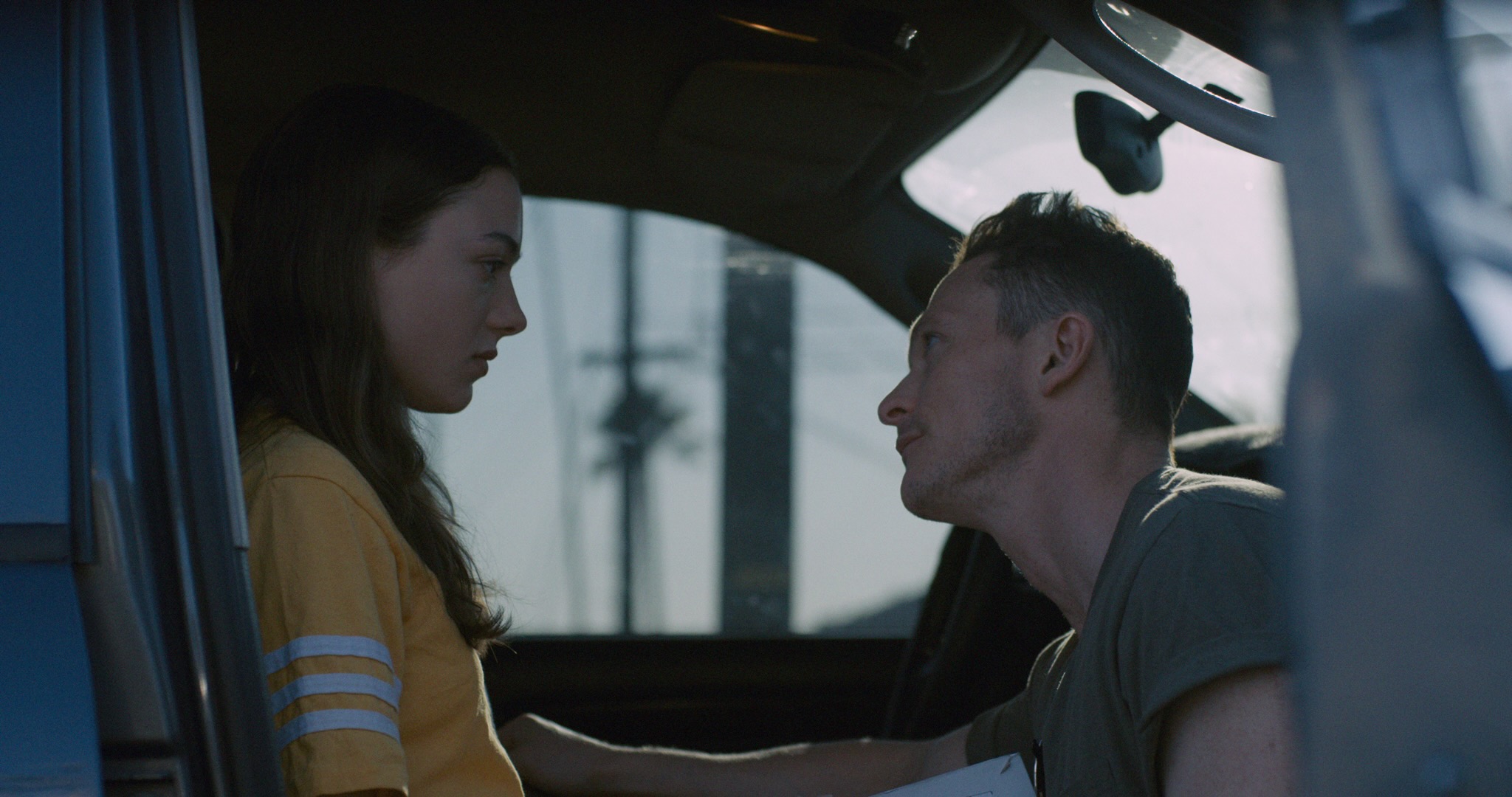
Was there an importance to telling this story at this particular time?Jamie Dack: I was writing this script at a certain time in my life where I was starting to look back on some relationships I had when I was younger—one in particular. I think due to my age, and time passing, I had started to look back on it differently.
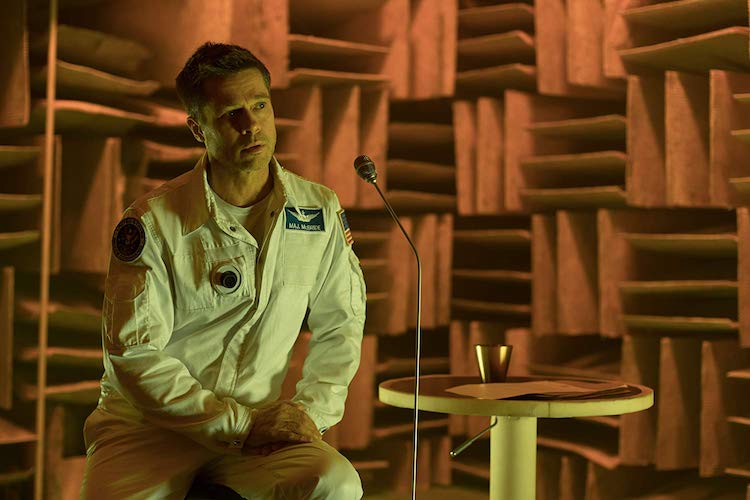
Your film is set in the near future, which makes sense given that there are currently plans being formed to transport humans to Mars. What did you learn in your research about such efforts?James Gray: I’m a little skeptical that they’d make it, but that is their dream. Mars can be either 80 or 160 […]